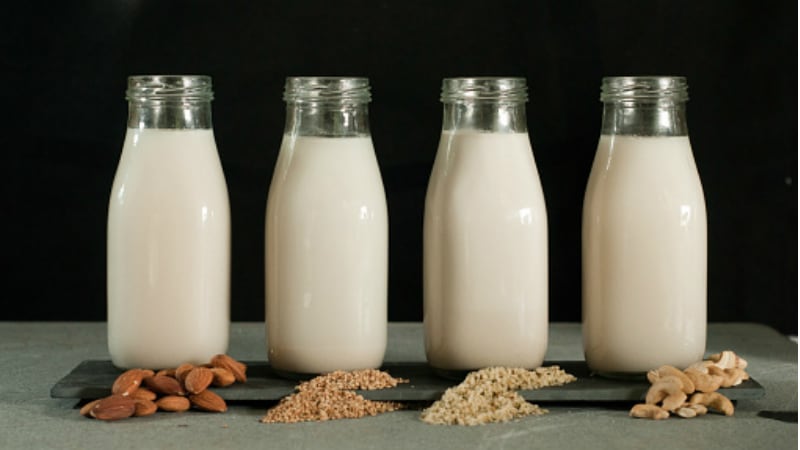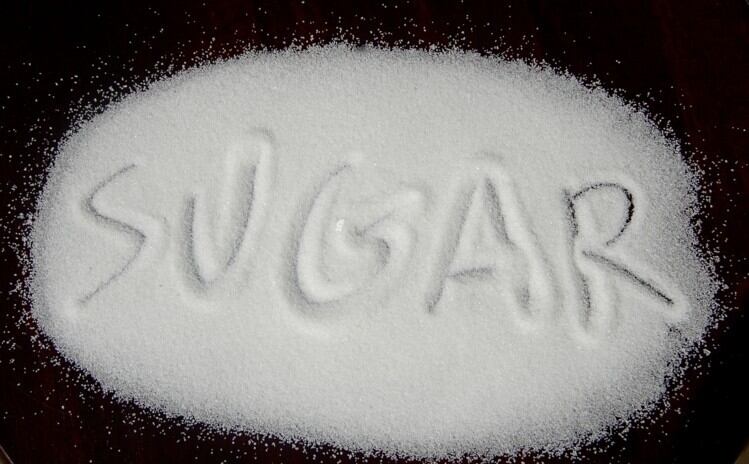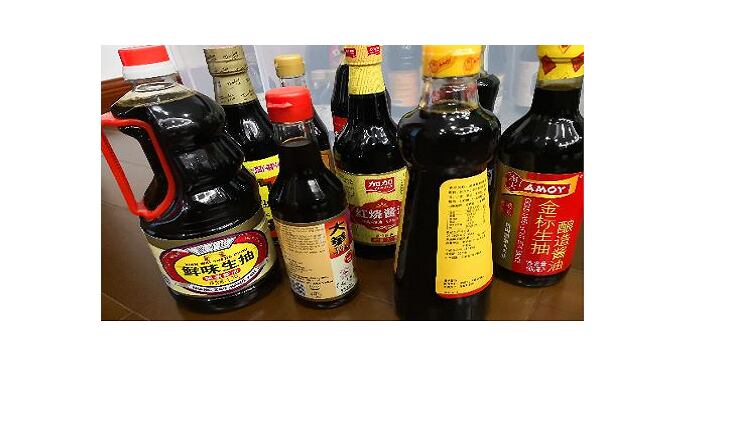No more almond ‘milk’? Australia looks to stop ‘misleading’ plant-based product labelling
Manufacturers in Australia may soon have to re-label all plant-based products containing the terms ‘meat’ and/or ‘milk’ in them, as politicians request Food Safety Australia New Zealand (FSANZ) to review the standards surrounding these.
Australian Regional Services Minister Bridget McKenzie said that these changes were necessary “to protect the reputation, hard earned by our clean, green farmers.”
"I want consumers to have confidence that when they buy […] meat, it's beef from an animal and when they buy milk, it is actually produced by a dairy cow."
“[We] need to be careful [we] don't confuse the marketplace.”
Credibility concerns: Dietitians Association of Australia ends 20-year-old partnership with food industry
The Dietitians Association of Australia (DAA) is bringing its long-running Corporate Partnership Programme with food industry partners to a close, amid concerns than some its collaborations were lacking in credibility when it came to health outcomes.
This change will take effect from 2019.
“The DAA Board, together with new CEO Robert Hunt, have decided to conclude Corporate Partnership Agreements with companies within or related to food manufacturing and food industry associations,” said DAA via an official statement on its website.
“[The] Corporate Partnership Programme has been of value to DAA and its members for the last 20 years. However, with the appointment of our new CEO coinciding with outcomes from our recent member surveys, it was timely to conduct a major review.”
‘No brainer’: Australia and New Zealand to implement mandatory pregnancy warning labels for all alcohol
All alcohol sold in Australia and New Zealand will be legally required to carry a pregnancy warning label, as agreed upon by the Australia and New Zealand Ministerial Forum on Food Regulation.
According to the forum’s final communique as published on the Food Regulation Secretariat website, Food Standards Australia New Zealand (FSANZ) has been tasked to ‘develop this mandatory labelling standard as a priority’, and the work is to ‘be completed expeditiously’.
“Government advice in Australia and New Zealand is that pregnant women do not consume any alcohol,” said the communique.
“If a baby is exposed to alcohol in the womb it can have irreversible impacts such as intellectual, behavioural and developmental disabilities.
Japan animal testing: 13 major food and beverage manufacturers agree ban practice unless required by law
13 Japanese companies have instituted policies that ban animal tests following discussions with People for the Ethical Treatment of Animals (PETA).
Asahi Group, Ezaki Glico, NH Foods, Ensuiko Sugar Refining, Kewpie, Meiji, Nissin, Sapporo Holdings, Satake, Suntory, Toyo Suisan, Fuji Oil, and Megmilk Snow Brand are companies which have agreed to a ban on animal test.
PETA began email correspondences with the companies from March this year, urging them to ban animal tests that are not required by law.
This is because the tests conducted were “cruel and scientifically questionable”. For instance, experimenters starved and force-fed mice, drew its blood, killed and dissected the mice.
‘More problematic than just soda’: Malaysia to impose sugar tax in 2019 to combat rising obesity levels
Malaysia will impose an excise sugar tax on sugar-sweetened beverages starting April 1 2019, in an effort to combat rising overweight and obesity levels in the country - but experts are less than optimistic about its efficacy.
This was announced by Finance Minister Lim Guan Eng in his speech tabling the country’s Budget 2019, which he presented in Parliament a few days back.
According to Lim, “Statistics from the Ministry of Health showed that nearly one out of two Malaysians were overweight or obese.” “
“The Government has decided to add […] ‘sugar sweetened beverages’ to the list of manufactured goods subject to excise duty in an effort to help address this issue."
“The duty proposed will be at RM0.40 per litre to be implemented on 1 April 2019 for non-alcoholic beverages containing added sugars of more than 5gm per 100ml drink; and for fruit or vegetable juice containing added sugars of more than 12gm per 100ml drink.”





